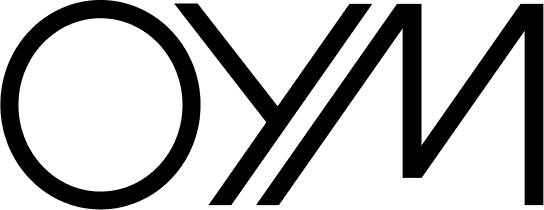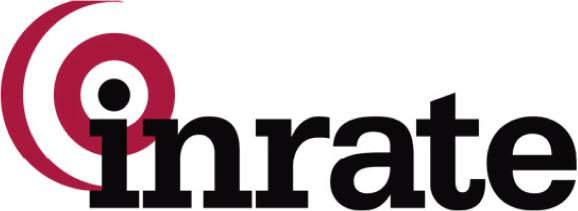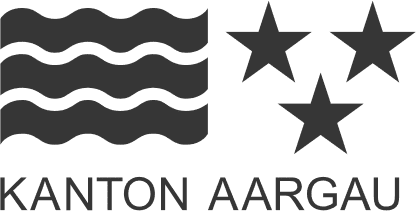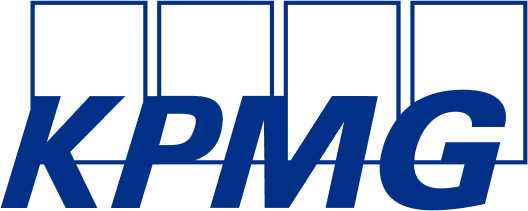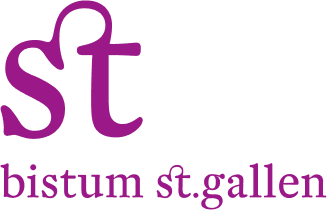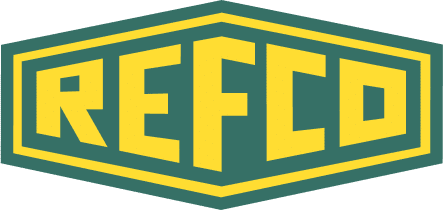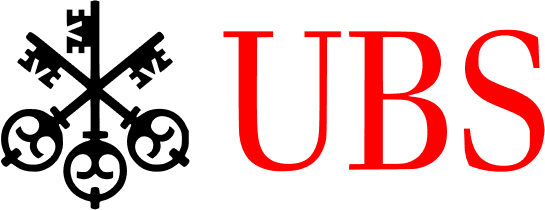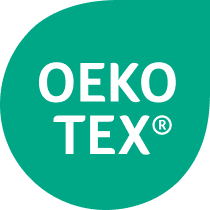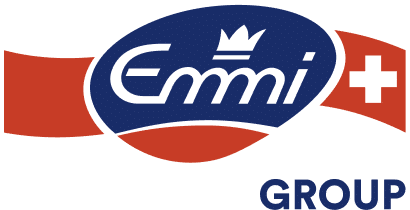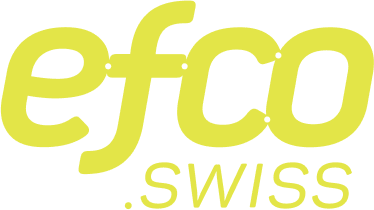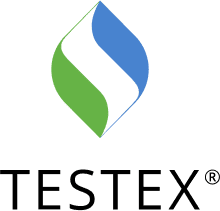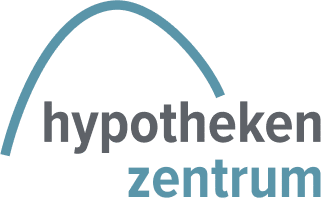Missing documentation puts your operations at risk and we help you secure critical knowledge before it disappears.
- Documentation protects you from knowledge loss due to staff turnover.
- Clean processes and structured code prevent downtime during updates and adjustments.
- We support you in making technical know-how permanently accessible.
Secure your technical knowledge now.
Your production is running. Your software works. Everything seems stable until the developer who knows everything leaves your company.
If your knowledge is only stored in heads, you are putting your entire business at risk.





